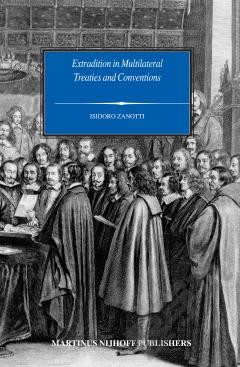Collective Agreements and Individual Contracts of Employment
While it can be said that the use of collective labour agreements has greatly expanded during the last decade - witness their growing application in the public sector, and their introduction in many post-communist countries - it is hard to deny that their power to protect employees has diminished considerably and continues to weaken. An understanding of the factors that have contributed to this fundamental change in economic and social conditions is of crucial significance if we are to preserve an equitable balance in the employer-employee relationship.A growing body of research and commentary already surrounds this important subject. In this symposium sixteen outstanding scholars have assembled a preliminary survey of the essential issues and the means by which they are being addressed in a variety of different countries. The eleven papers reprinted here were originally presented at the 16th Congress of the International Academy of Comparative Law, held in Brisbane in July 2002. Each paper is organized around the following considerations for the particular country in question:? factors determining the role of collective agreements;? factors determining the regulatory power of collective agreements toward the employment contract;? factors limiting the regulatory power of collective agreements;? degree of freedom of the parties to shape the employment contract; and? future prospects for collective agreements as a means of regulating the employment contract.Underlying issues of decentralization, minimum standards, decreasing unionization, unemployment, and the growing individualization of the employment contract are addressed by all the authors. The countries covered are Australia, Belgium, Canada (Quebec), Greece, Italy, Japan, The Netherlands, Poland, South Africa and Switzerland.Collective Agreements and Individual Contracts of Employment offers a convenient platform from which to conduct further research into this complex and dynamic subject. It is sure to be welcomed by specialists in labour law and industrial relations and by other social science professionals.
{{comment.content}}








 京公网安备 11010802027623号
京公网安备 11010802027623号